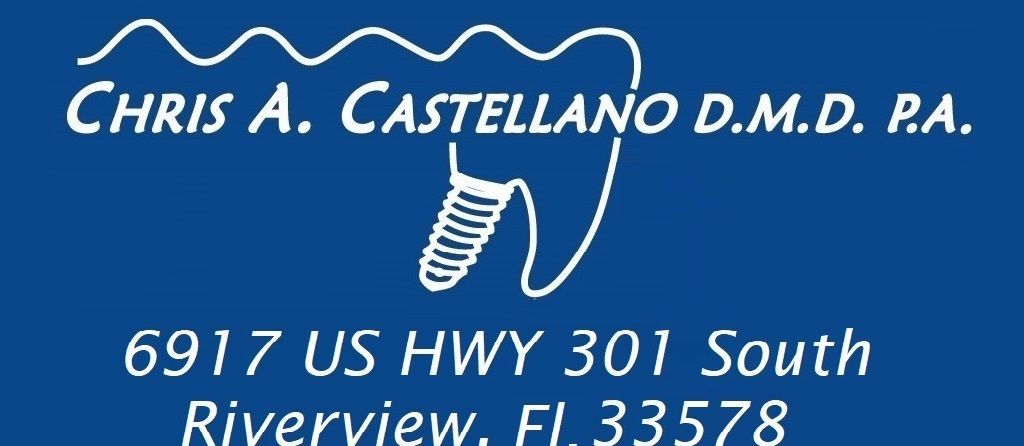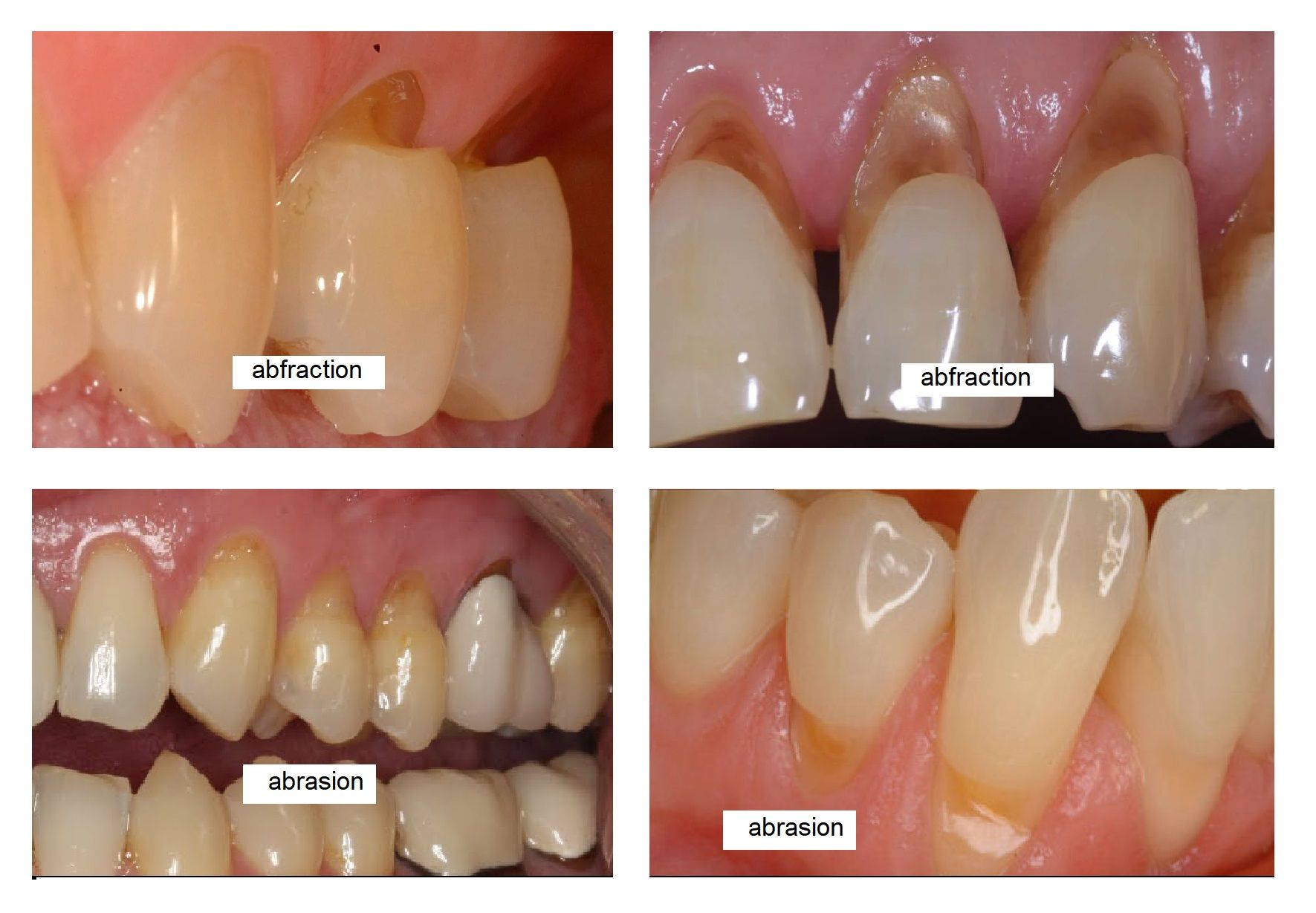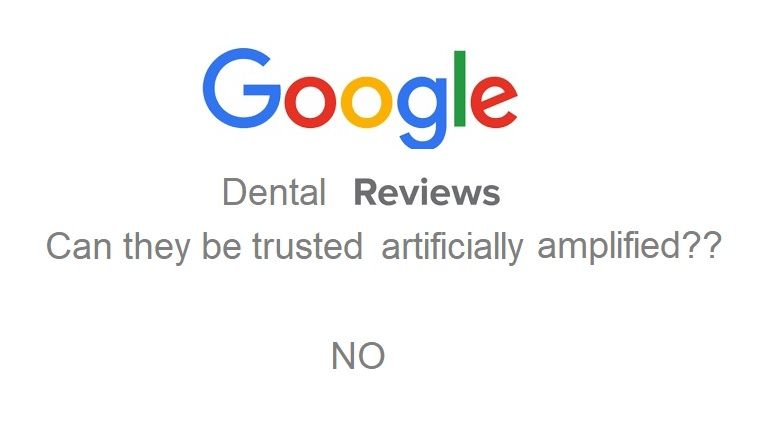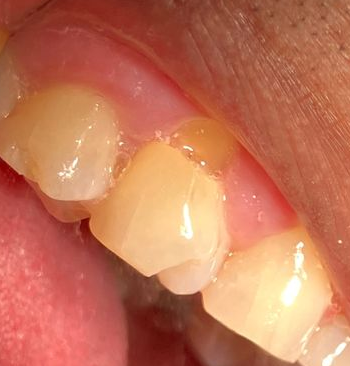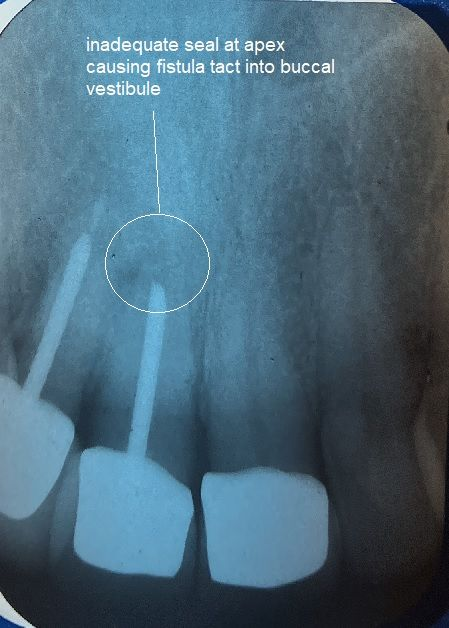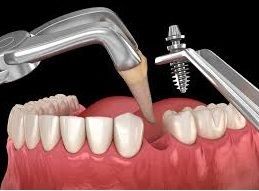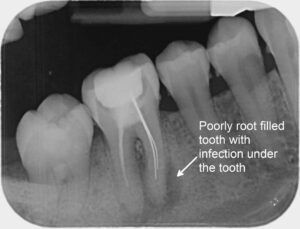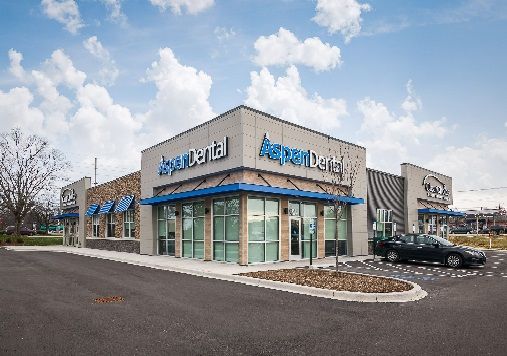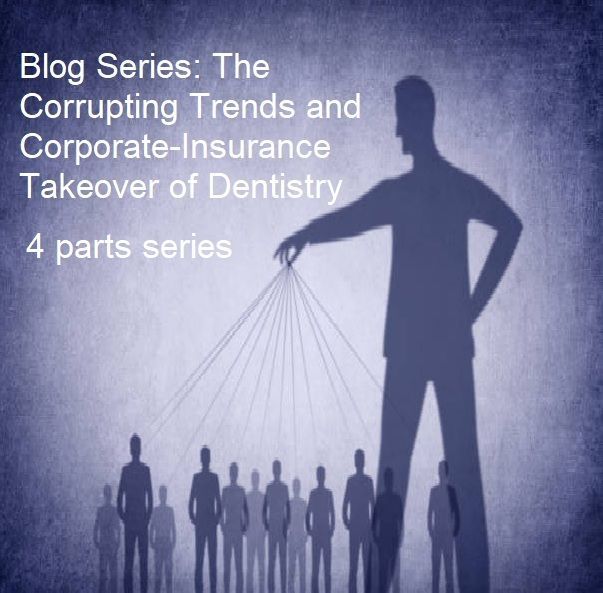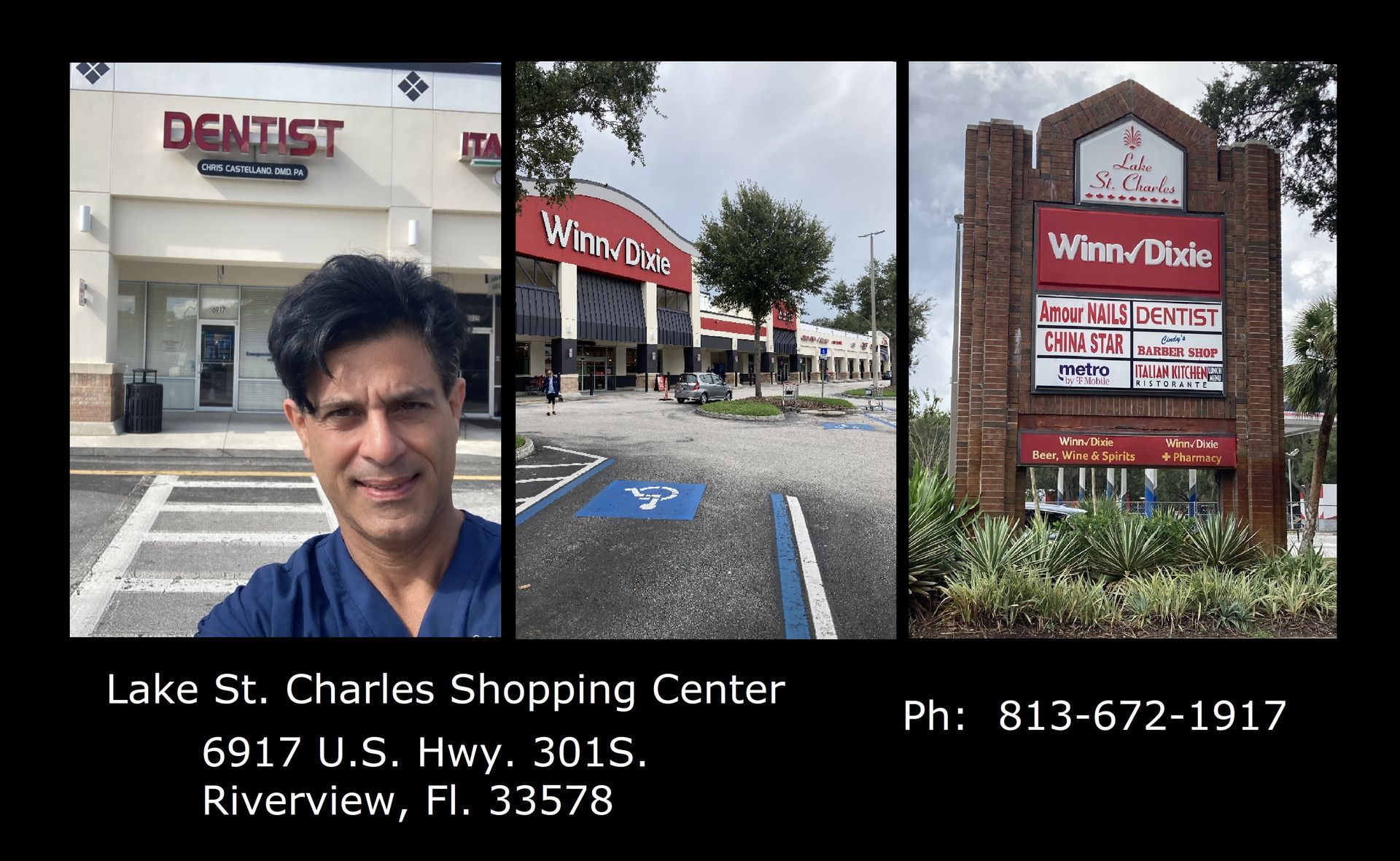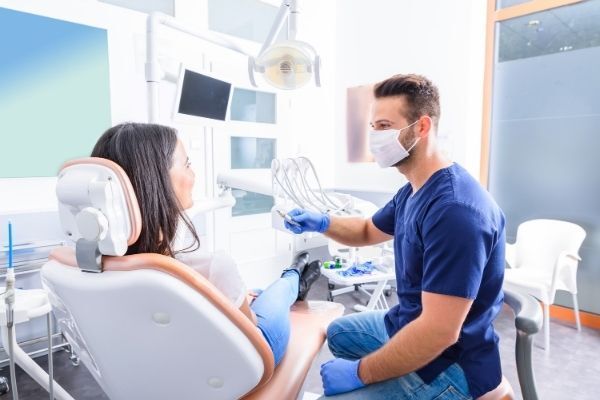
Whether you're going for a routine checkup, dental cleaning, or a more advanced procedure, visiting the dentist can be nerve-wracking. You might not like the metal instruments, the taste of fluoride, hearing that you have a cavity, or other unpleasant things you can't help but associate with your biannual appointment. Getting your teeth checked, cleaned, and treated isn't always exciting, but it's a necessary part of ensuring your long-term dental and oral hygiene. By preparing for your visit in advance, you can lower your likelihood of getting cavities and make the process easier for you and your dentist. Let's check out some tips on how to prepare for your first dentist appointment, so you can ensure everything goes smoothly.
Brush and Floss
Make sure to brush and floss your teeth a couple of hours before your appointment. This clears everything up and helps keep your breath fresh. Ideally, you should be brushing and flossing on a twice-daily basis. This keeps plaque and tartar from forming on your teeth. If you haven't been brushing or flossing at all in between your appointments, doing it right before your visit won't have much of a benefit. If you overdo it, it could even harm your teeth.
Avoid Eating Beforehand
Even after brushing, the flavor and residue from your last meal can stick around. If your teeth are chock-full of popcorn kernels, spinach, or other stubborn pieces of food, it can make the examination and cleaning process last longer than necessary. If you can, avoid eating for a couple of hours before your appointment. You can always get lunch — or dinner if your appointment is in the late evening — afterward. If anything, it's a reward for your efforts! Having clean, healthy teeth are always a cause for celebration.
Prepare in Advance
Another way to prepare for your first dentist appointment is to get ready in advance. If you're a new patient, you'll want to contact your old dental office and have your dental records sent to your new dentist. Make sure you can provide your medical history and information about the type of payment you're using. If you have any questions, prepare them in advance. Asking your dentist about dental issues can help you solve them before they get out of hand. If you're getting a procedure, ask your dentist how long the appointment will last, whether you'll need someone to accompany you, and what post-operative guidelines you should follow. Don't forget to schedule another appointment before you leave. This way, you won't end up forgetting and scrambling to make your next appointment last minute.
Looking for dental offices in Riverview, Florida? Whether you need a checkup, cleaning, or a procedure, Dr. Castellano has the tools, knowledge, and expertise to do it right. You'll walk out of his office with clean teeth and a bright, winning smile.
